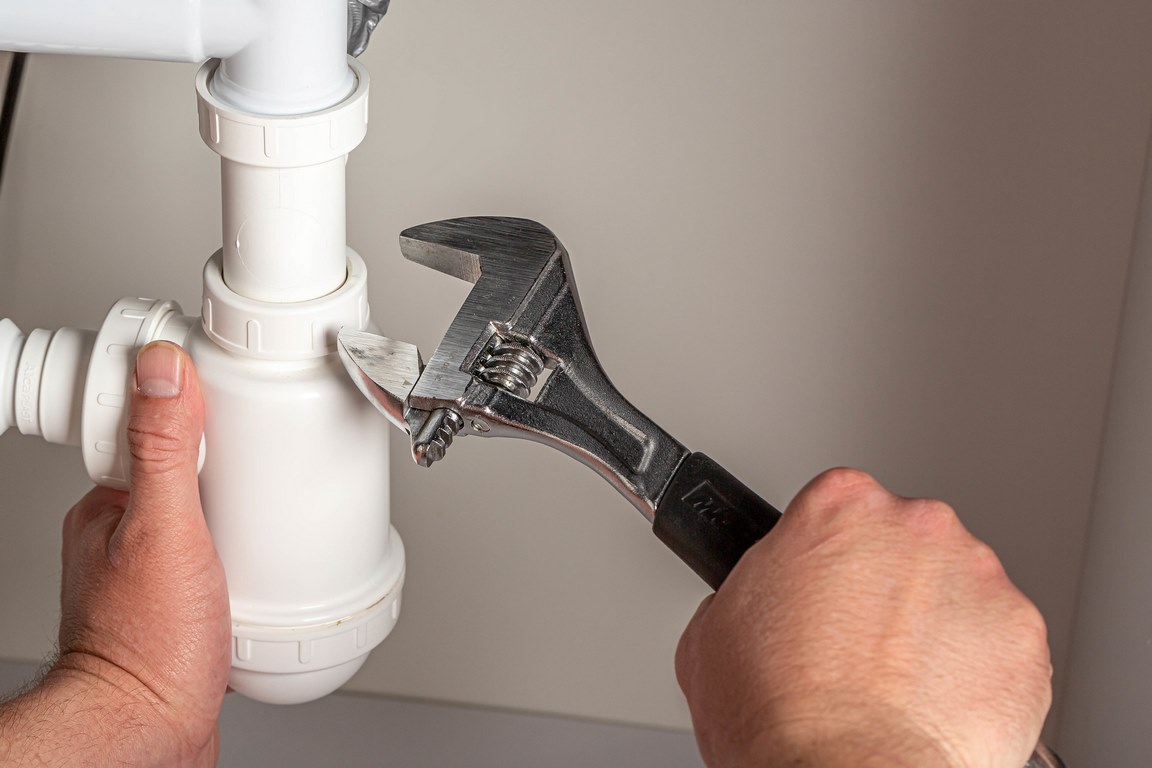Plumbing issues are one of the important things in home maintenance. Like everything else in your house, your home’s plumbing system will need precarious attention, and having the right plumber to attend to that is extremely important.
BFMD, LLC is an important name to keep in mind whenever you find yourself in a plumbing situation and need expert intervention.

While there are many plumbers in Carroll County, there is no denying that plumbing can also get extremely expensive. You will be surprised how you can avoid spending those huge amounts by just keeping some things in mind.
Being careful with certain things can end up saving you a significant amount in the long run. Some of the tips and tricks, as well as gentle reminders, are highlighted below.
Regularly inspecting your plumbing for concerns, in addition to resolving small problems yourself, is another wonderful way to save money on repair fees. Leaky toilets cost a lot of money to fix, yet many people are unaware of the problem.
Six drops of food coloring in the toilet tank will give you a clear picture. If the color of your toilet water changes within 30 minutes, you have a leak that needs to be fixed. Your sink’s pipes should be dry, and if they’re damp, it’s a sign that they’re leaking.
People who live in cold climates are more likely to have burst pipes, resulting in flooding, water leaks, and a variety of other issues.
When it comes to keeping your pipes from freezing during the winter, store-bought foam pipe insulation will get you a long way. If you want to get the correct amount of insulation, take measurements of the pipes in your basement and crawl area.
Each piece of insulation will have a side slit that you can use to put it over your pipes, producing a tight fit that will keep the heat in.
Read Also:
Because addressing plumbing issues while they are still minor can help prevent future difficulties, learning about the red flags to look for is a wise decision.
You’ll need to act if your pipes rattle or create other weird noises. Poor water pressure, sluggish drainage, and a rising water bill are all symptoms that something is wrong.
Many plumbing problems can be avoided if you know what not to put down the drain. Cooking oil, grease, butter, and coffee beans are just a few of the items that might cause problems when poured down your home’s drains.
Keeping undesired materials out of your drain is not always straightforward or simple, and no matter how diligent you are, it can lead to errors. Purchasing strainers for each drain in your home will help you save money on repair costs.
You can save a few dollars by repairing a leaking faucet or clogged drain yourself, but it’s crucial to know when to call an expert and when do-it-yourself solutions will suffice.
You should be able to complete the repairs suggested in this article without too much difficulty if you follow the directions and are diligent. When it comes to major repairs, though, hiring a professional plumber is the only way to go.
Do you have any bathrooms in your house that you rarely use? Leaving these drains untreated for an extended period of time can result in a foul odor. The water in the traps will eventually evaporate.
As a result, the seal that keeps sewage odors out of your home begins to deteriorate. You can use bathroom cleaners or liquid draining solutions to keep odors from permeating, but they will only do so momentarily. This can be easily solved with some vinegar and baking soda down the drain.
Pour a cup of baking soda and a cup of vinegar down your drains at least monthly to keep them in good working order and prevent accumulation.
Use a drain cleaner that is free of harsh chemicals to avoid damaging your pipes and harming the environment. Place strainers over the sink, shower, and bathtub drain in the bathrooms to keep soap and hair out of the pipes.
It’s also important to remember that you shouldn’t throw frying fat down the drain. When grease hardens, it can adhere to the insides of pipes and accumulate over time, resulting in a clogged drain. You can try rather pouring it into a metal can and letting it cool and harden before disposing of it.